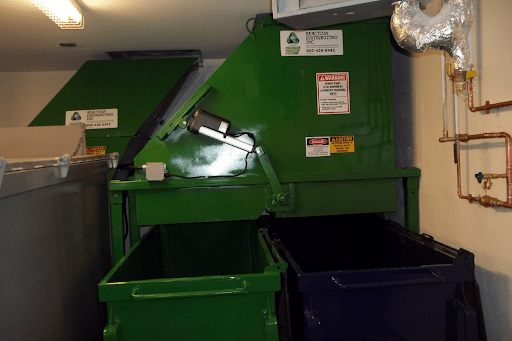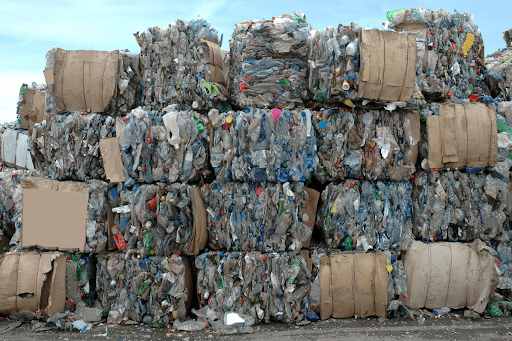
Table of Contents
What is Compaction?
Compaction refers to the act of compacting or compressing matter unto itself, therefore lowering its physical volume without affecting its mass.
The Need for Compaction Equipment
Compaction is an intense mechanical operation that requires a specialized apparatus to be performed. Different types of materials require different forms of compaction equipment. The necessity for such equipment is driven by the need to handle that material more easily, make it stable and solid, lower costs, and potentially create a profit by doing so.
Concrete
For concrete, compaction is used to remove trapped air from freshly laid concrete and pack the aggregate together, increasing the density of the concrete. Cement compaction increases the ultimate strength, strengthens the connection with reinforcing steel, and increases abrasion resistance while decreasing permeability.
Waste/Recycling Industry Compaction
In the waste processing and recycling sector, compaction plays a large part in lowering the size of waste matter so that, essentially, more of it may be stored or accommodated in the same space. At dumpsites and landfills, garbage is compacted even deeper as a technique of extending the lifespan of that place.
Waste is generated everywhere and the need to control how that waste harms our ecosystem is gaining traction. Waste is emitted from our homes, businesses, educational institutions, health care facilities, industries, and just about anywhere else where people congregate including stadiums and parks. As a result, it is not uncommon to find a recycling compactor installed in such locations.
Business Use
Compactors give individuals in locations like schools, shopping malls, and other commercial establishments the opportunity to safeguard the environment. Such areas generally have many people (which results in a high volume of waste being generated) so they generally require a large industrial trash compactor to handle the volume.
Residential Settings
Housing complexes and dense communities greatly benefit from the compaction of their trash, which reduces its volume and hence the requirement for space, while facilitating cleaner housing and surrounding environments.
Manufacturing Companies
The amount of garbage generated by manufacturing businesses is vast and possibly dangerous, depending on its makeup. Compactors make the management of such garbage both efficient and safe. Manufacturing organizations can substantially benefit from heavy-duty industrial compactors that have the strength and resilience to manage such waste.
Medical Industry
Hospitals usually produce waste which might be anything from leftover meals to old medical supplies. All this requires specialized medical waste disposal systems that will ensure the correct disposal of such products, while ensuring the safety of its handlers.
Food Industry
The waste that hotels and restaurants generate is largely organic, and compacting such waste ensures that it may be effectively recycled. It also eliminates the possibility of such garbage making its way into the sewer system.
Types of Compactors
Automatic
A cardboard baler, for example, is a commercial trash compactor designed to compress cardboard waste into neatly tied bales with the simple push of a button.
Self-Contained
In a self-contained compactor, the device is integrated with a container that perfectly processes waste with high amounts of liquid. This means that a compactor (such as an industrial garbage compactor) can manage all industrial waste, whether solid or liquid.
Stationary or Portable
Compactors can be stationary or portable, depending on the use, waste type and location of the trash.
Free-Standing
Free-standing compactors with a big feed hole and a low feed height provide safe and easy modes of operation in sites with a high turnover of waste handled by individuals.
Attached to a Wall or Fence
For simplicity while loading waste or collecting the compacted matter, a commercial compactor can be mounted to a wall or a fence adjacent to a clear access route. The kind of compactor that would suit such a site is ideally the horizontal loading type.
Interested to learn more about the importance of compaction and how you can benefit? Visit Reaction Distributing online or call our experts today at (905) 426-6442.


